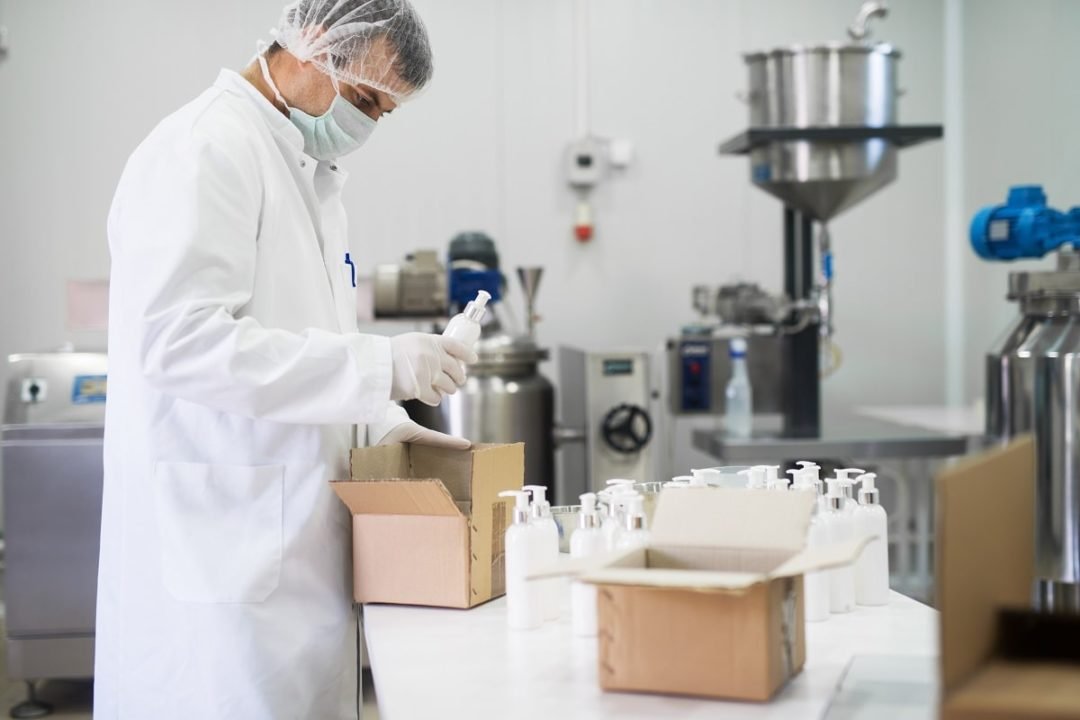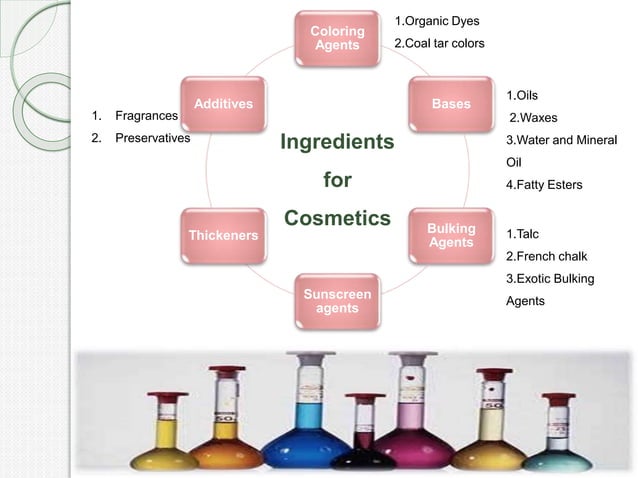The Importance of Collaborating with a Cosmetic Chemist: A Guide to Finding the Right Expert
Related Articles: The Importance of Collaborating with a Cosmetic Chemist: A Guide to Finding the Right Expert
Introduction
In this auspicious occasion, we are delighted to delve into the intriguing topic related to The Importance of Collaborating with a Cosmetic Chemist: A Guide to Finding the Right Expert. Let’s weave interesting information and offer fresh perspectives to the readers.
Table of Content
The Importance of Collaborating with a Cosmetic Chemist: A Guide to Finding the Right Expert

The world of cosmetics is a fascinating blend of science and artistry. Behind the alluring packaging and captivating marketing lies a complex world of chemical formulations, safety considerations, and regulatory compliance. To navigate this intricate landscape successfully, especially for individuals or businesses venturing into the cosmetic industry, the guidance of a qualified cosmetic chemist is invaluable.
Why Seek a Cosmetic Chemist?
A cosmetic chemist possesses a unique blend of scientific knowledge and practical experience in the field of personal care products. They are trained to understand the properties of various ingredients, how they interact within a formula, and how to ensure the safety and efficacy of the final product. Their expertise extends beyond mere formulation; they are also well-versed in regulatory requirements, quality control procedures, and the latest trends in cosmetic science.
The Benefits of Engaging a Cosmetic Chemist:
- Product Development & Innovation: A cosmetic chemist can help develop new and innovative cosmetic products tailored to specific needs and market demands. They can assist in formulating products with unique textures, fragrances, and functionalities, while adhering to safety and regulatory standards.
- Ingredient Selection & Formulation: Choosing the right ingredients for a cosmetic product is crucial for its efficacy and safety. A cosmetic chemist can guide in selecting ingredients based on desired properties, compatibility, and regulatory compliance. They can also optimize formulations to achieve desired results, ensuring stability, shelf-life, and overall quality.
- Safety & Regulatory Compliance: The cosmetic industry is subject to stringent regulations to ensure product safety. A cosmetic chemist can ensure that your products meet all necessary safety and regulatory requirements, minimizing the risk of legal issues and protecting consumers.
- Quality Control & Testing: A cosmetic chemist can establish and implement quality control procedures to ensure consistency and quality in production. They can conduct stability testing, microbiological testing, and other essential quality assessments to guarantee product safety and efficacy.
- Troubleshooting & Problem Solving: During the product development process, challenges may arise. A cosmetic chemist can troubleshoot issues, identify potential problems, and propose solutions to ensure the successful launch and performance of your cosmetic products.
Finding the Right Cosmetic Chemist: A Practical Guide
- Define Your Needs: Before embarking on your search, clearly define your specific requirements. What type of cosmetic product are you developing? What are your target audience and market? What are your budget constraints?
- Utilize Online Resources: Start your search by exploring online directories and professional networks dedicated to cosmetic chemists. Websites like LinkedIn, Cosmetics & Toiletries, and the Society of Cosmetic Chemists (SCC) offer valuable resources.
- Seek Recommendations: Reach out to your network, including other businesses in the cosmetic industry, universities, or research institutions. Recommendations from trusted sources can be invaluable in finding a qualified and reputable cosmetic chemist.
- Review Credentials & Experience: Thoroughly examine the credentials and experience of potential candidates. Look for individuals with relevant education, certifications, and a proven track record in the cosmetic industry.
- Consider Location & Availability: While the expertise of a cosmetic chemist is paramount, it’s also important to consider their location and availability. Choose a chemist who is geographically accessible and has the capacity to meet your project timelines.
- Schedule Consultations: Before making a decision, schedule consultations with shortlisted candidates. Use this opportunity to discuss your project in detail, assess their expertise, and gauge their communication style and professionalism.
- Consider Communication & Collaboration: Effective communication and collaboration are vital for a successful partnership. Choose a cosmetic chemist who demonstrates strong communication skills, actively listens to your needs, and is willing to work collaboratively throughout the development process.
FAQs About Cosmetic Chemists:
- What qualifications should a cosmetic chemist have? Ideally, a cosmetic chemist should possess a degree in chemistry, biochemistry, or a related field. Certifications like the Certified Cosmetic Chemist (CCC) from the SCC can further validate their expertise.
- How much does it cost to hire a cosmetic chemist? The cost of hiring a cosmetic chemist can vary significantly based on their experience, location, and the scope of the project. It’s best to discuss fees and payment terms upfront.
- Can I find a cosmetic chemist who specializes in specific product types? Yes, there are cosmetic chemists who specialize in specific product categories like skincare, hair care, or color cosmetics. Specify your needs during your search.
- What are some red flags to watch out for when hiring a cosmetic chemist? Be cautious of chemists who lack proper credentials, are unwilling to provide references, or have a history of ethical violations. Trust your instincts and thoroughly vet any potential candidates.
Tips for Finding a Cosmetic Chemist:
- Network with other professionals in the cosmetic industry. Attend industry events, join online forums, and connect with individuals working in related fields.
- Utilize online search engines and directories specific to the cosmetic industry. Websites like Cosmetics & Toiletries, the SCC, and LinkedIn can be valuable resources.
- Contact universities and research institutions with cosmetic science programs. These institutions often have faculty members with expertise in cosmetic chemistry.
Conclusion:
Engaging a qualified cosmetic chemist is a crucial step in developing and launching successful cosmetic products. Their expertise in formulation, safety, and regulatory compliance can significantly reduce risks, enhance product quality, and ensure consumer safety. By following the steps outlined in this guide, you can effectively find a cosmetic chemist who meets your specific needs and contributes to the success of your cosmetic endeavors.








Closure
Thus, we hope this article has provided valuable insights into The Importance of Collaborating with a Cosmetic Chemist: A Guide to Finding the Right Expert. We appreciate your attention to our article. See you in our next article!